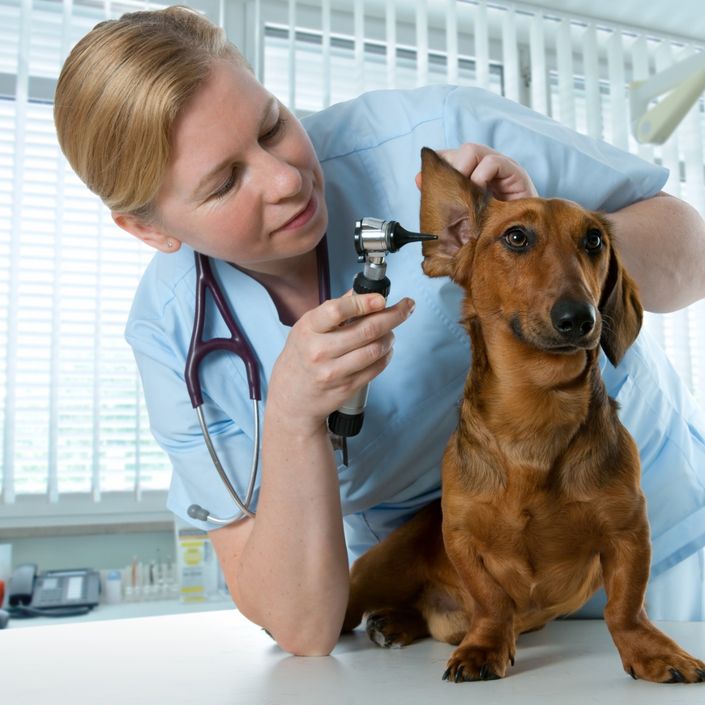Statistical Process Control (SPC) One Day Masterclass
Full Day Virtual Seminar
MP3 Download / On Demand
Duration One Day Instructor-led virtual seminar
WATCH THE VIDEO...Meet the Instructor and Learn More About this Course
Statistics for Process Control Course Description
This 6-hour Full day virtual seminar includes a presentation of the steps and techniques used to quantify variability in manufacturing processes, and to assure quality products.
The concepts and information presented will be mainly concerned with statistical process control: obtaining monitoring information (data) that is objective, unbiased, and useful for decision making. An emphasis will be placed on the set-up and use of control charts.
The objective of the seminar is to provide information that can be used immediately by personnel involved in production operations, and by supervisors and management in decision making. Although the presentation involves use of statistical techniques, presentation of statistical theory will be limited to only what is needed by the attendees to understand and implement processes and monitoring tools within the statistical framework.
Presented examples will include an emphasis on the manufacturing processes and quality assurance needs of product in the medical device and pharmaceutical industries.
Process control is constantly evolving. Therefore, historical concepts, current trends and regulatory requirements will be discussed. The presentation of statistical charts and analyses, graphical techniques for planning, trouble-shooting and problem solving will also be presented.
Why Should You Attend
All processes exhibit intrinsic variation. However, sometimes the variation is excessive and this hinders the ability to achieve reliable measurements and desired results. Statistical process control (SPC) allows us to control the functions of our processes (input) by providing tangible monitoring tools.
Process control is important for a company’s reputation. A good system of processing and checks reduces costs associated with production waste and re-work due to defects, and allows a company to deliver products that are high in quality. Many industries are also required to have a good process management system in place to achieve compliance with regulatory authorities.
This seminar will provide attendees with the statistical tools necessary to monitor processes to ensure the quality of manufactured products. Ms. Eisenbeisz will make use of Minitab software in her presentation.
Agenda
Session start time 10:00 AM EDT
It’s a System! Elements of Quality Management
- Deming 14 points for total quality management
- Dr. Ishikawa, seven quality control tools (7-QC) and supplementals (7-SUPP)
- Pareto principle (80/20 rule)
- Shewhart (Plan, Do, Study, Act)
Regulatory Requirements in Quality Management
- FDA Quality System Regulation (QSR)
- ISO 13485:2016
- IS 9001:2015
- Harmonization of regulations with FDA guidance/regulations
Statistical basics
- Descriptive and Graphical Techniques
- Histograms
- Scatterplots
- Pareto charts
- Cause and effect (fishbone) diagrams
- Defect concentration diagrams
Break 30 minutes
Statistical Process Control: The ABC’s of Control Charts
- Elements of a control chart
- Control Charts for Discrete Data
- c chart
- u chart
- p chart
- np chart
- Control Charts for Continuous Data
- X-bar chart
- R chart
- I chart
- MR chart
- Combined charts (Xbar-R, I-MR)
- More Control Charts
- Classical Shewhart control charts
- Cumulative Sum (CUSUM) charts
- Exponentially Weighted Moving Average (EWMA) charts
- Hotelling (multivariate) control charts
Session end time 04:00 PM EDT
Who will Benefit
- Quality assurance (QA) engineers
- Quality control (QC) engineers
- R&D engineers
- Process control personnel
- Manufacturing/Industrial personnel
- Manufacturing/Industrial personnel
- Production supervisors
- Management personnel of processing facilities
The course will benefit all individuals within the pharmaceutical, biotech and device industries including R&D managers, medical investigators, basic and clinical research scientists, clinical research associates and those involved in regulatory affairs.

Elaine Eisenbeisz
Statistician ( 30 + yrs exp.)
Owner & Principal of Omega Statistics
Murrieta, California, United States
Elaine Eisenbeisz is a private practice statistician and owner of Omega Statistics, a statistical consulting firm based in Southern California. Elaine has over 30 years of experience in creating data and information solutions for industries ranging from governmental agencies and corporations, to start-up companies and individual researchers.
Elaine’s love of numbers began in elementary school where she placed in regional and statewide mathematics competitions. She attended University of California, Riverside, as a National Science Foundation scholar, where she earned a B.S. in Statistics with a minor in Quantitative Management, Accounting. Elaine received her Master’s Certification in Applied Statistcs from Texas A&M, and is currently finishing her graduate studies at Rochester Institute of Technology.
Top Compliance and Regulatory Featured Courses Online in 2021
About World Compliance Seminars (WCS)
World Compliance Seminars (WCS) is one stop solution for all your pharmaceutical, biotechnology and medical device certification program needs. The pharmaceutical and medical device training requirements are set forth by the FDA (Food and Drug Administration) and other major regulatory bodies like NIH, EMA, as well as numerous European based national regulatory bodies.
These requirements are important to the training of pharmaceutical reps who are responsible for the education, professional development, and on-the-job training. The training is broken down into different sections to cover a wide variety of topics, including pharmaceutical formulation, pharmaceutical transfer processes , GLP, GMP, Clinical Compliance, Process Validation, Global Regulatory Affairs, Document Management,GMP (Good manufacturing practice) QSR and CMC and many more.
The pharmaceutical and medical device requirements that the FDA has set forth are designed to protect the public's health and safety. Pharmaceutical reps must adhere to all of the regulations and education courses provided by the FDA in order to be considered one of the best in their field. They also must complete ongoing educational opportunities and maintenance programs in order to maintain relevance and career enhancement.



